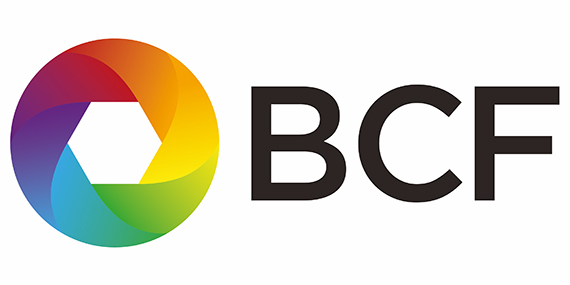More news
- Axalta releases Q1 2024 results
- PPG again earns EcoVadis gold rating for sustainability practices, ranking among top 7% of...
- Baikowski® France 2030 plan winner for its innovative project to decarbonise alumina prod...
- New CEO at BASF: Martin Brudermüller hands over to Markus Kamieth
- Wacker stays below prior-year figures amid lower selling prices in Q1

A recent survey of British Coatings Federation (BCF) members demonstrates how Brexit has impacted negatively on the coatings sector in the form of new customs red-tape and higher costs since 1st January. The survey reported higher shipping costs, increased costs of imported raw materials, and new administration costs to complete customs paperwork, with 30% of companies estimating increases in total operating costs of 3-10%.
As a result, significant risks to the competitiveness of BCF members’ UK production and exports, despite the industry investing in preparing for Brexit (86%) and being experienced exporters beyond the EU (75% of companies).
The new Free Trade Agreement (FTA) will have a significant negative impact on the UK exports of paints, coatings and printing inks.
Key findings:
- Two thirds of companies fear losing EU export customers due to the additional cost and complexity of doing business
- Seven out of 10 say their opportunities to trade with the EU will decrease
- Only 10% see opportunities from new trade deals with the rest of the world
On a more positive note, a quarter of companies thought the FTA might mean more chances to increase trade within the UK.
BCF members also fear the new trading relationship will have a significant impact on the UK manufacturing of paints, coatings and printing inks. 82% of respondents have UK manufacturing, 35% were UK SMEs and 60% foreign owned business.
Key findings:
- 50% believe the new FTA will reduce the competitiveness of their UK factories compared to EU competitors.
- 25% were concerned there was a risk their company would reduce UK production and move it to the EU
- Three quarters of those same companies (18.5% of total respondents) believed there was a risk their company could stop operations in the UK altogether
- Seven out of 10 believe the UK diverging from EU REACH in future will reduce their competitiveness
- Almost 60% are worried about future effects of UK REACH on raw material prices and potential lack of availability of chemical substances
Commenting on the survey results, Tom Bowtell, CEO of the British Coatings Federation, said: "BCF members have been encountering serious practical issues since 1st January. The survey results demonstrate the extent of the difficulties our members are having to deal with at the moment and also helps quantify the likely future impact of these changes on the industry.
"While some of the reported delays and disruptions at the borders will hopefully prove to be teething problems, it is clear that added complexity of customs procedures and associated costs are here to stay. There is also a worry that medium term issues – likely to be posed by the new UK chemicals regulations regimes, like UK REACH – will only exacerbate the situation.
"We therefore need the UK Government to act in two ways. Firstly, it needs to do more to support all businesses coming to terms with the new customs and borders procedures. More resources are needed to iron out problems with IT systems and other processes, as well as to communicate what is needed to both UK and EU companies, through training and marketing campaigns. Secondly, it needs to amend the UK REACH legislation to further mitigate against some of the extra costs and impacts on raw material availability that will inevitably arise based on its current plans. Failure to do so will lead to our members – and other businesses in similar sectors – reaching the higher end of their additional cost estimates and, ultimately, see many reducing or relocating manufacturing in the UK as we become a less competitive country to do business in.”



